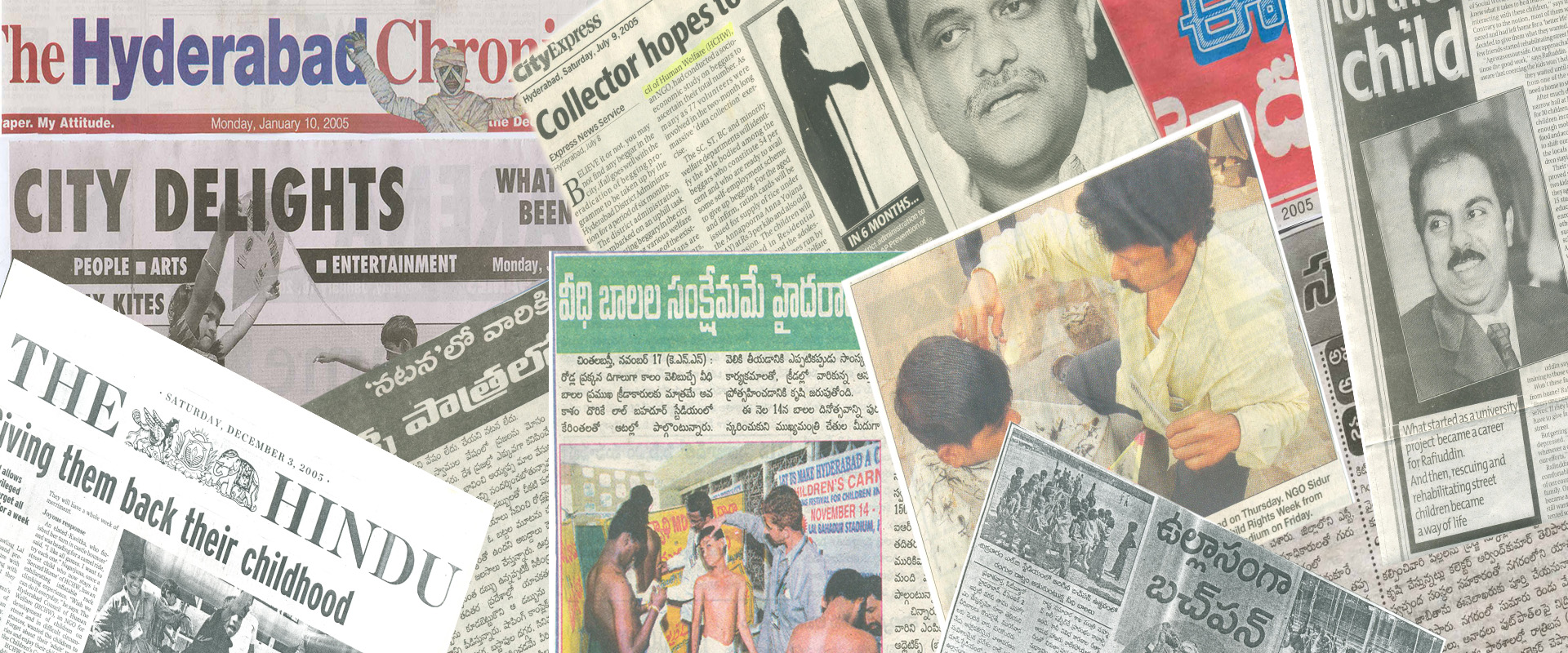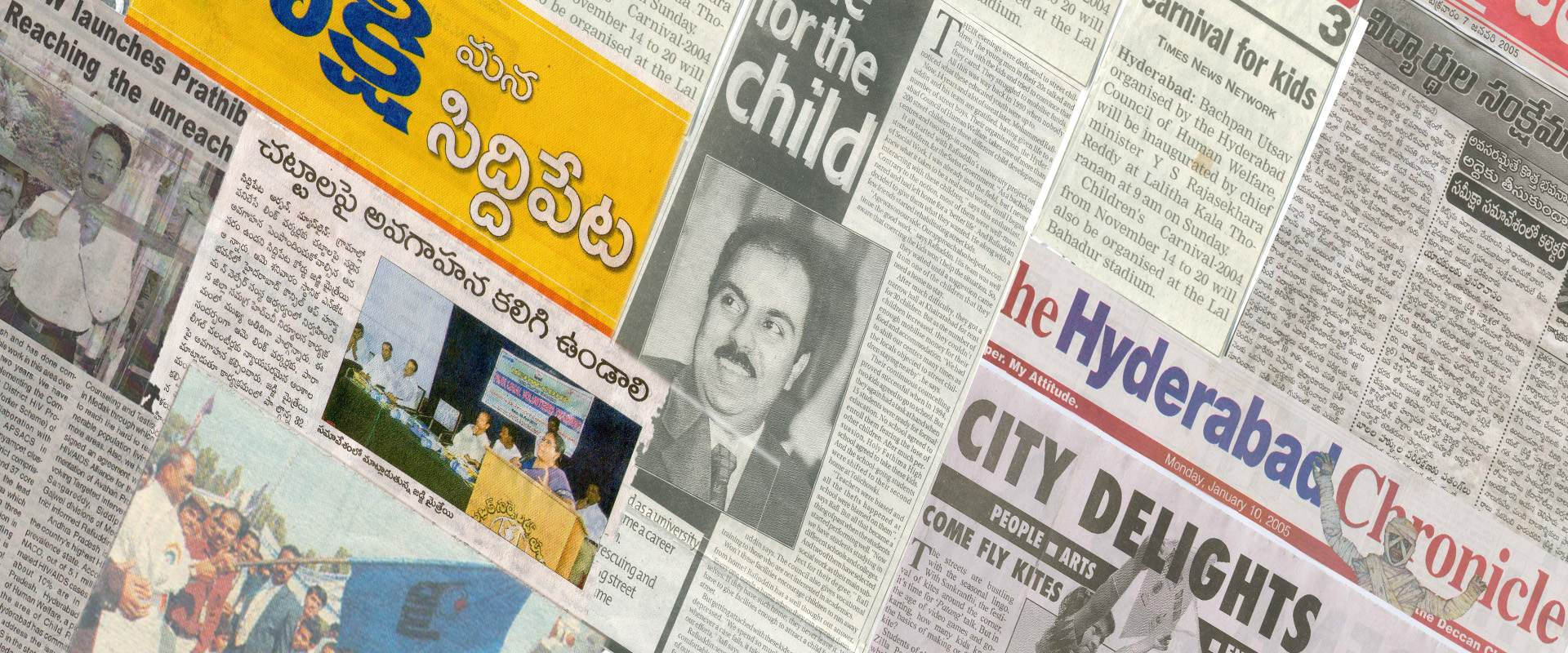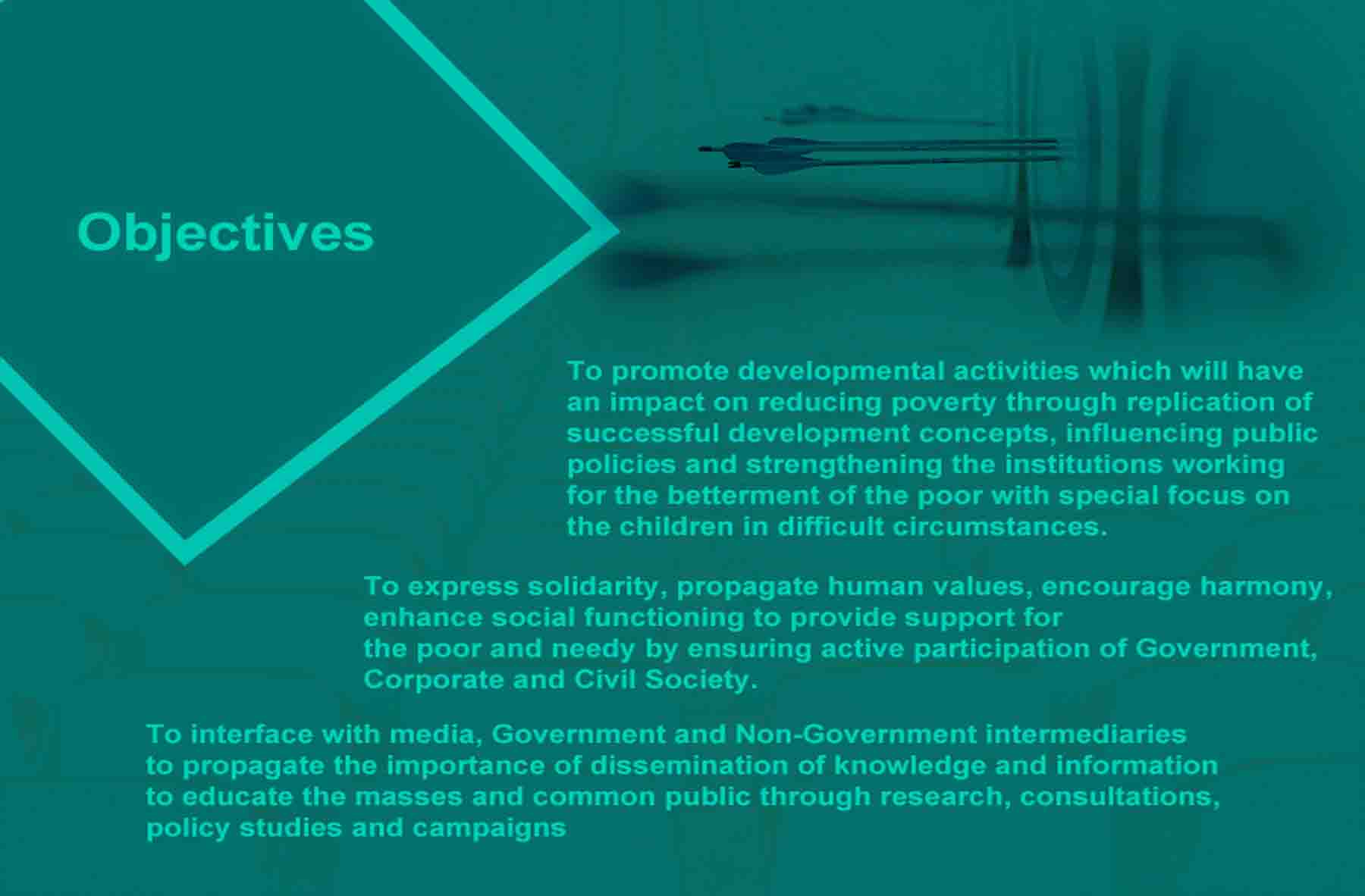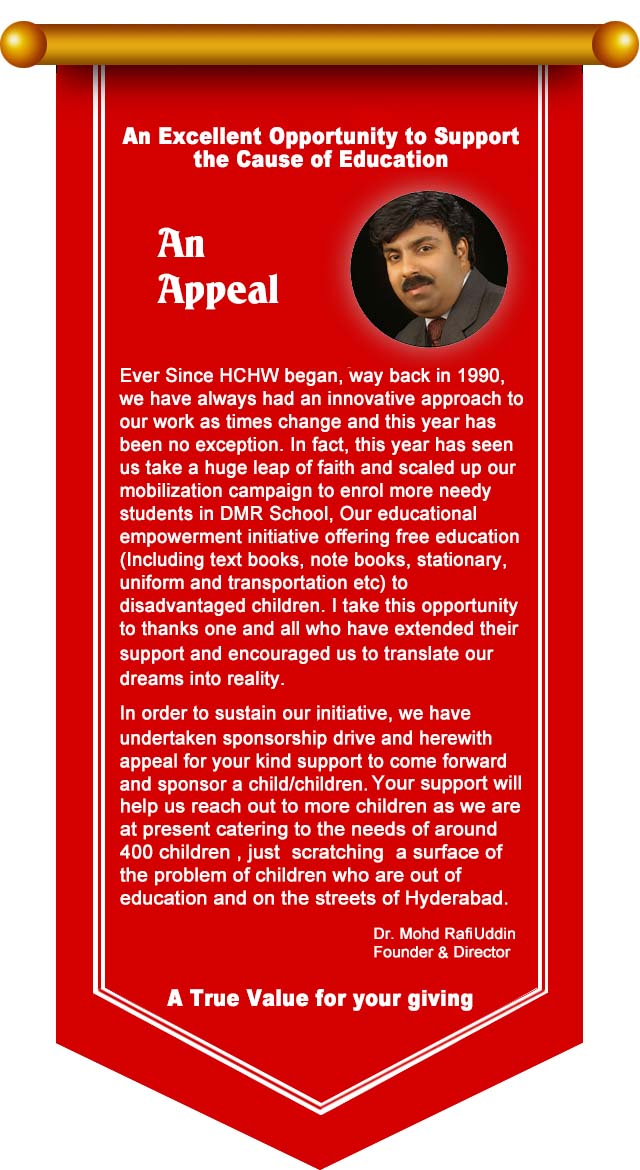

inch.jpg)


Dr. Mohammad Rafiuddin is a distinguished social work professional with a profound commitment to developing innovative, sustainable models for community development and poverty alleviation. With over three decades of experience, Dr. Rafi has made significant contributions through his leadership, research, and teaching & training, aiming to empower marginalized communities and address critical social issues.
Throughout his illustrious career, Dr. Rafiuddin received numerous offers from overseas organizations, including prestigious positions in the USA. However, he resolutely declined these opportunities, driven by an unwavering dedication to serve his homeland, India. His passion lies in uplifting and protecting the most vulnerable segments of the society: the street children of Hyderabad. Dr. Rafi's mission has always been to provide these children with food, shelter, and education, believing deeply in their right to a better future.
As the Director of HCHW in Hyderabad, he has spearheaded numerous community health, education, protection and welfare initiatives, demonstrating a deep understanding of the complexities faced by underserved populations. His academic tenure includes educating and mentoring future social workers, imparting essential skills and knowledge to tackle real-world challenges effectively.
Dr. Rafiuddin’s research work is highly regarded, particularly his studies on the socio-economic and psychological correlates of beggary, and the development of intervention strategies for street children and slum dwellers. His efforts in evaluating and improving the conditions of beggar homes and homes for children of beggars have led to significant policy changes and better living conditions for these vulnerable groups.
Beyond academia and direct community work, Dr. Rafiuddin has received numerous accolades for his exceptional service, including the prestigious Mother Teresa Award and multiple Best NGO Performance Awards. His contributions towards halting and reversing the HIV epidemic through APSACS initiatives have been particularly impactful, reflecting his dedication to public health and social welfare.
A prolific researcher and author, Dr. Rafiuddin has published extensively on topics such as job satisfaction, work performance, and risk behavior among street children. His scholarly work continues to inform and influence best practices in social work and community development.
To strive for and develop innovative, holistic, and qualitative sustainable models of development dedicated to empowering the poor.
PhD in Social Work (2005).
Theses: “A Study on Effectiveness of Voluntary Organizations”
Guide: Dr. D.K. Lal Das, Principal, College of Social Work, Hyderabad.
➔ Virendra Trehan Gold Medal (1992): Awarded for securing the highest marks in fieldwork.
➔ Jawahar Gold Medal (1992): Best research of the year on “Interpersonal Relations”.
➔ Osmania University Gold Medal (1989): First place in Bachelor of Social Work (BSW).
➔ Swarna Puraskar (1999): Awarded by the National Institute of Sport, Culture & Development, Rohtak, Haryana.
➔ Jawaharlal Nehru Memorial Award (2005): Awarded by the Citizens Council of Andhra Pradesh for meritorious work for children and their welfare.
➔ Mother Teresa Award (2007): Awarded by the Citizens Council of Andhra Pradesh for meritorious work for children and their welfare.
➔ APSACS Awards (2011, 2012): For contributions towards halting and reversing the HIV prevalent.
➔ Best NGO Performance Award (2011): Awarded by T-SAC.
➔ Best MICTC Service Award (2011): Awarded by the Medak District Collector.
➔ Best NGO Performance Award (2013, 2014): Awarded by DAPCU, District Collectorate Rangareddy.
➔ Director, HCHW, Hyderabad (1990 - Present): Leading initiatives to support community health and welfare.
➔ Lecturer, College of Social Work, Red Hills, Hyderabad (1993-1996): Educating future social workers with a focus on practical fieldwork and research.
➔ Research Officer, Evaluation of Beggar Homes, Ministry of Social Welfare, Govt of Andhra Pradesh (1993-1994): Conducted evaluations to improve conditions in beggar homes.
➔ Lecturer and Co-Ordinator, Institute of Industrial Relations and Personnel Management (NLLA), Domalguda, Hyderabad (1992-1993): Coordinated academic programs in industrial relations and personnel management.
➔ Project Co-Ordinator, Supervision & Monitoring of Creches, Ministry of HRD, Govt of India (1989-1990): Oversaw childcare projects to ensure quality care and development.
➔ Conducted a study on the socio-economic and psychological correlates of beggary in Andhra Pradesh (1994).
➔ Evaluated homes for children of beggars in Andhra Pradesh (1993).
➔ Researched interpersonal relations and their effect on work performance (1992).
➔ Studied absenteeism in Hindustan Cable Limited (1992).
➔ Investigated the socio-economic and psychological status of gender victims in Hyderabad and Secunderabad (ICSW – AP).
➔ Conducted a socio-economic survey of slum dwellers in Moosa Nagar Chaderghat (1991).
➔ Explored work motivation among supervisors in Hyderabad (1990).
➔ Compiled a "Child Care Manual" for the Ministry of HRD, Govt of India (1990).
➔ Addressed the problems of hostel students (1989).
➔ Studied working patterns of child ragpickers and possible interventions in Hyderabad.
➔ "Some Correlates of Work Performance as Perceived by First Line Supervisors," Management and Labour Studies, XLRI, January 1994.
➔ "A Study of Interrelationship between Job Satisfaction, Job Performance and Job Motivation," SEDME, NISIET, March 1994.
➔ "Sex Related Risk Behavior Patterns among Street Children," Contemporary Social Work, 1998.



 inch.jpg)
